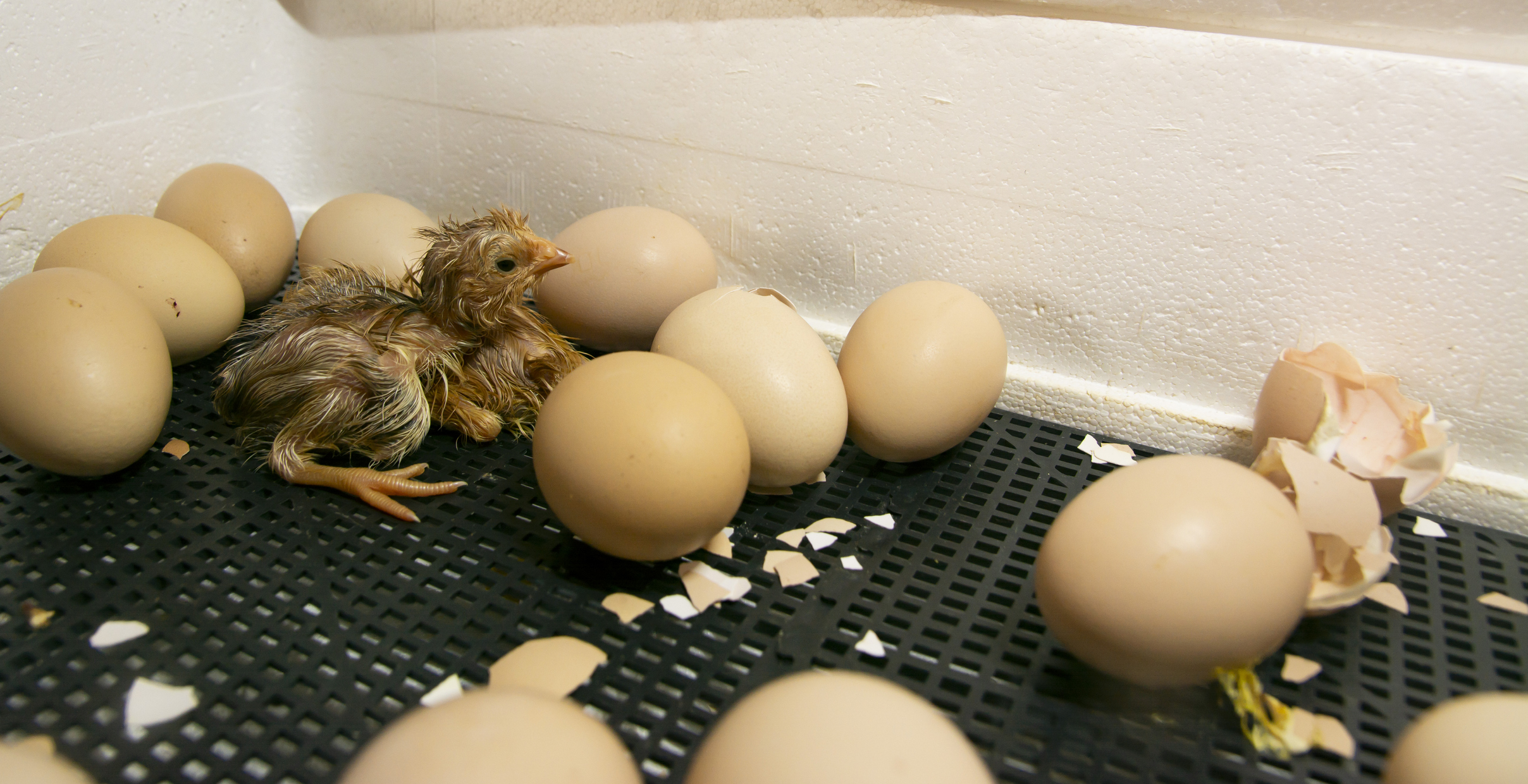Can eggs hatch? The answer to this question is yes, and it is an important part of chicken husbandry and egg incubation. By understanding the process of egg incubation, one can better understand the process of hatching eggs and the care needed to ensure the health of the hatchlings. This article provides an overview of chicken husbandry and egg incubation, including the necessary steps for successful hatching.
Overview of the Chicken Husbandry
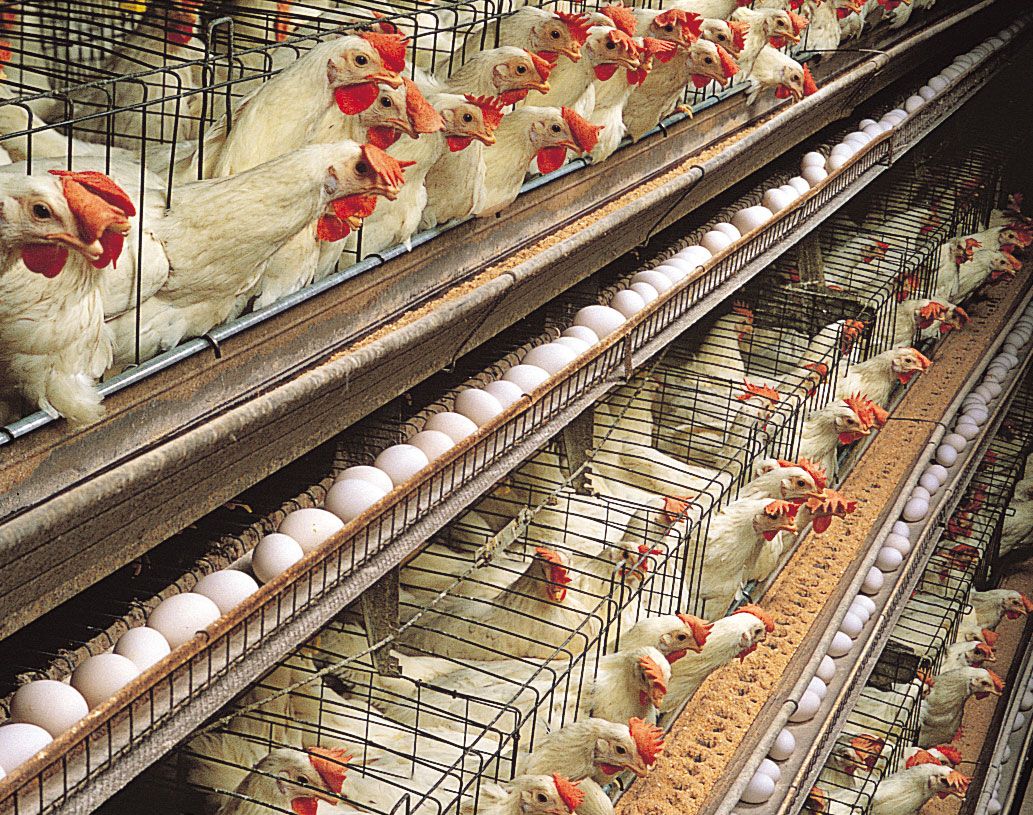
Breeds of Chickens: Chickens are typically classified into three main categories; egg-laying chickens, meat-producing chickens, and show chickens. Popular breeds of egg-laying chickens include Rhode Island Red and Leghorn, while common meat-producing chickens are Cornish Cross and Red Ranger. Lastly, show chickens are usually bred for their feather colors and patterns.
Rearing Practices: Rearing chickens is a complex and time consuming process. It involves providing feed, water, and necessary vaccinations to ensure chickens remain healthy and safe from disease. Proper housing and temperature control are also essential elements of successful chicken husbandry.
Feeding Practices: A balanced diet is necessary for the health and well-being of chickens. Quality feed should include a combination of grains, minerals, vitamins, and proteins. It is also important to monitor and adjust the feed, depending on the age and breed of the chickens, as well as the season.
Can Eggs Hatch?
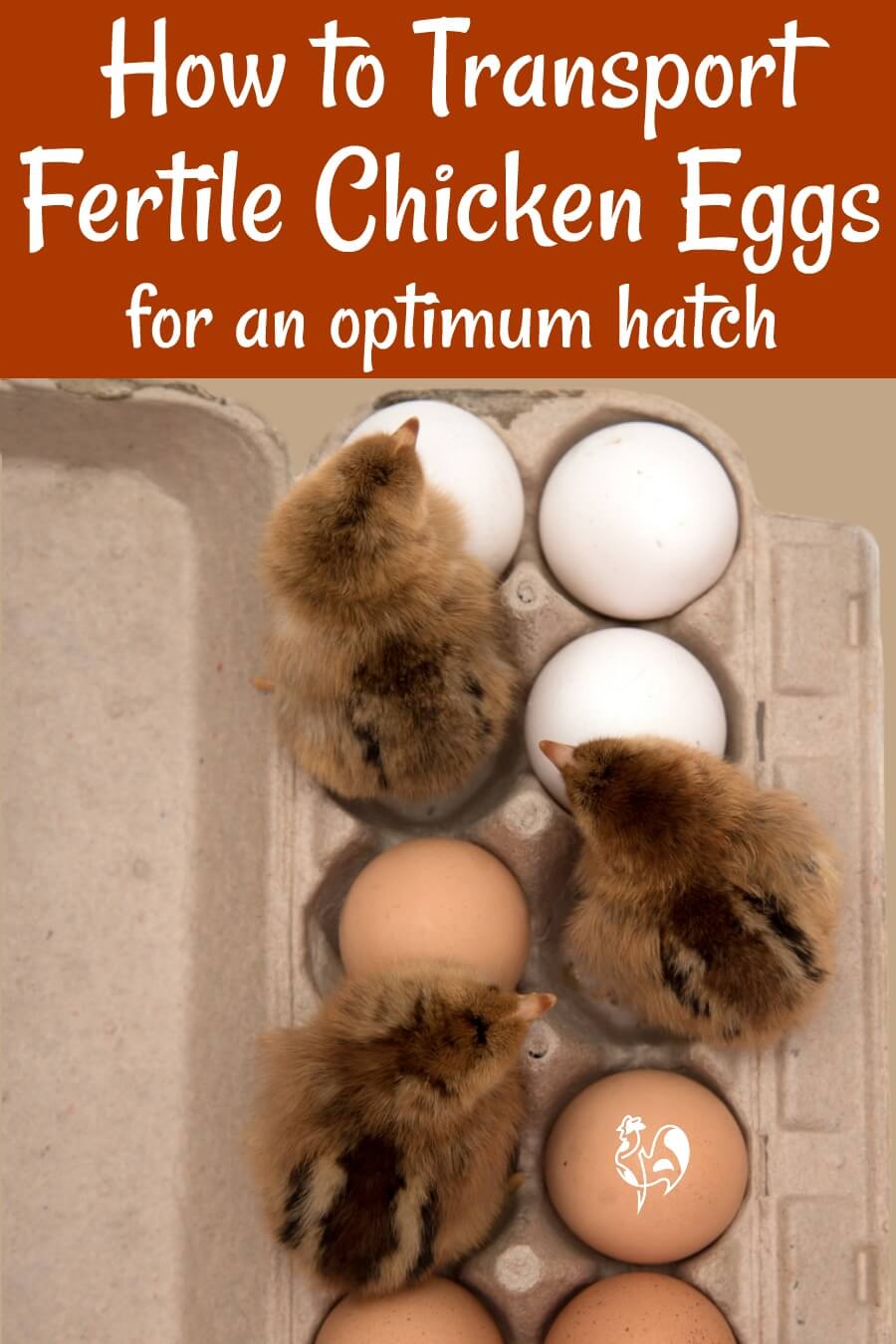
Eggs, when incubated and kept under the correct environmental conditions, are able to hatch and produce living chicks. The process of incubation involves maintaining a temperature and humidity levels, as well as regularly turning the eggs. Incubators, or homemade alternatives, can be used to maintain these levels and provide the ideal environment for eggs to develop. Once the eggs have hatched, the chicks should be removed from the incubator and placed in a brooder, where they will grow and develop until they are ready to join the flock.
Egg Production
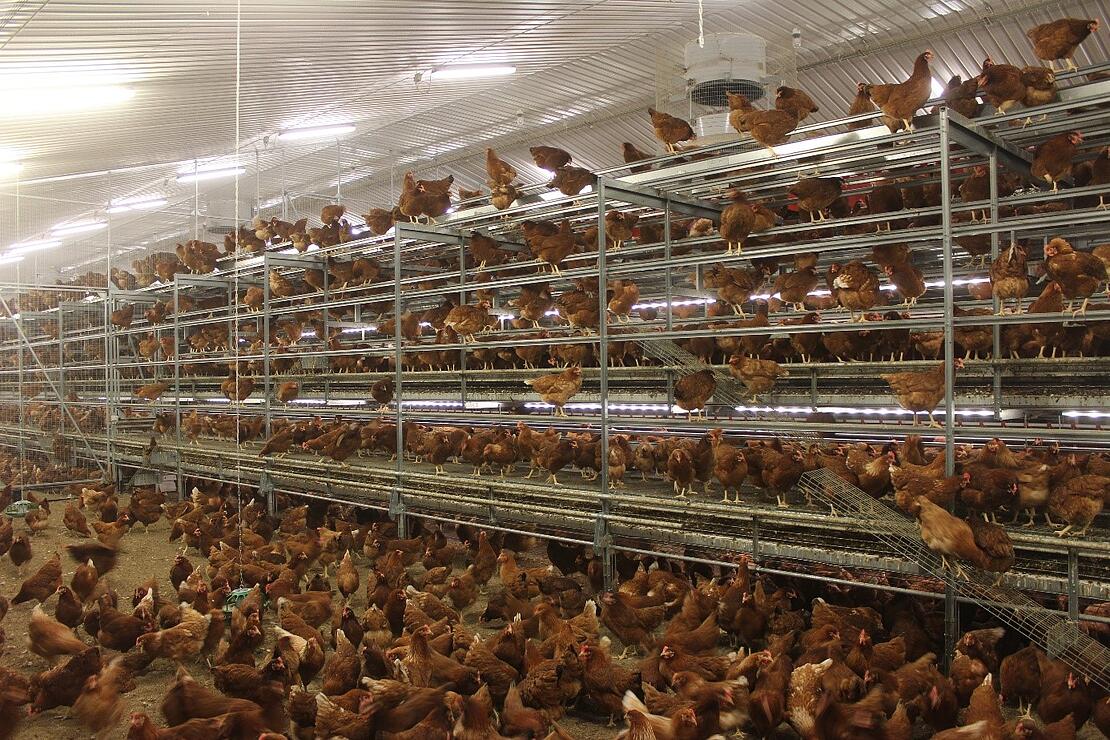
Egg production is a crucial component of chicken husbandry, as eggs are a large part of the diet of many people around the world. In order for eggs to hatch, they must go through a series of steps, including formation, quality assurance, and incubation.
Egg Formation
Egg formation begins with the laying process, in which a hen releases a yolk into the oviduct. This yolk will travel through the oviduct and is surrounded by albumen, the white of the egg. The egg then passes through the uterus, where the eggshell and a protective coating, the cuticle, are added. Once the egg is complete, the hen will lay it.
Egg Quality
The quality of the egg is essential for incubation. Eggs that are too old or damaged during the laying process may not be suitable for incubation. Factors such as humidity, temperature, and storage conditions can affect the quality of the egg. To ensure the highest quality egg, it is important to monitor the environment in which the eggs are stored.
Egg Incubation
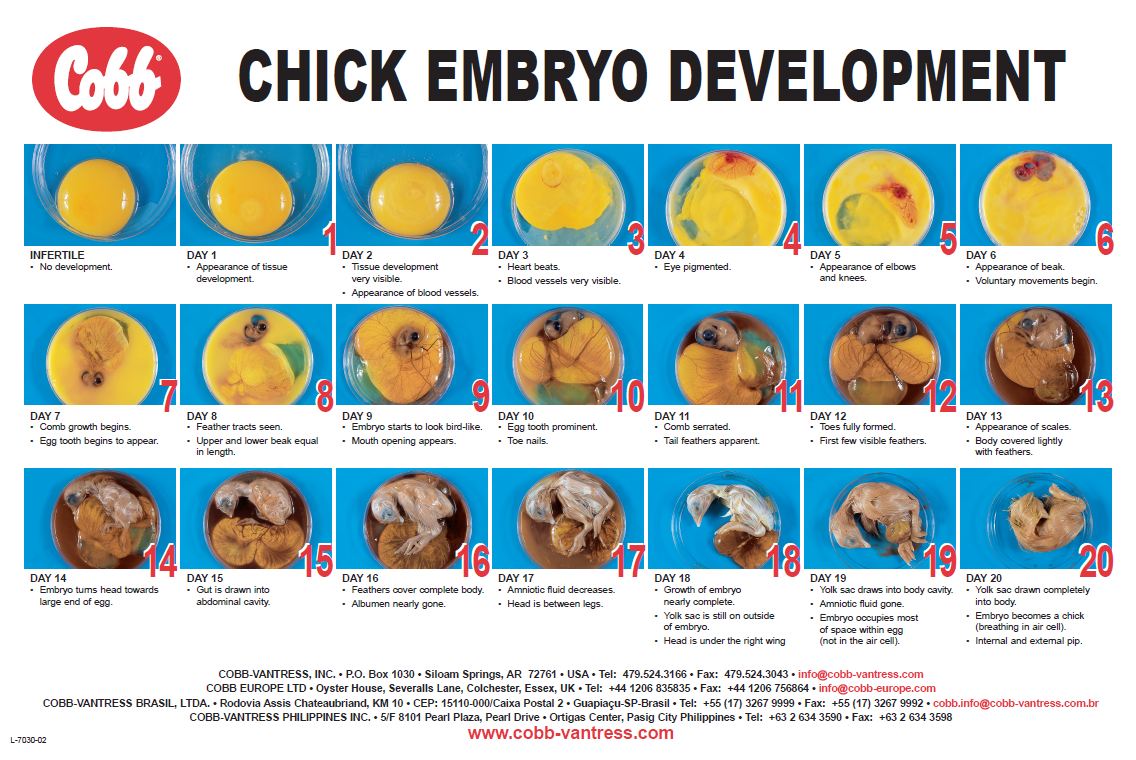
Incubation Process
Eggs can be incubated with the help of a mechanical device called an incubator. This is done to regulate temperature and humidity in order to mimic the conditions found in a natural nest. The process of incubation typically lasts 21 days and requires turning the eggs several times a day to ensure that the embryo develops properly.
Incubation Temperatures
The optimal temperature for egg incubation is 99.5°F. Temperatures that are too hot or too cold can lead to the death of the embryo, or the chick will be born weak and with deformities.
Incubation Humidity
The humidity levels should be kept between 50 and 55% throughout the incubation period. Higher humidity levels can cause the eggs to become too wet and lead to bacterial growth, while lower levels of humidity can lead to dehydration of the embryo.
Incubation Times
The length of time required for eggs to hatch will depend on the breed of chicken. Most chickens will hatch in 21 days, while some can take up to 28 days.
Chick Development
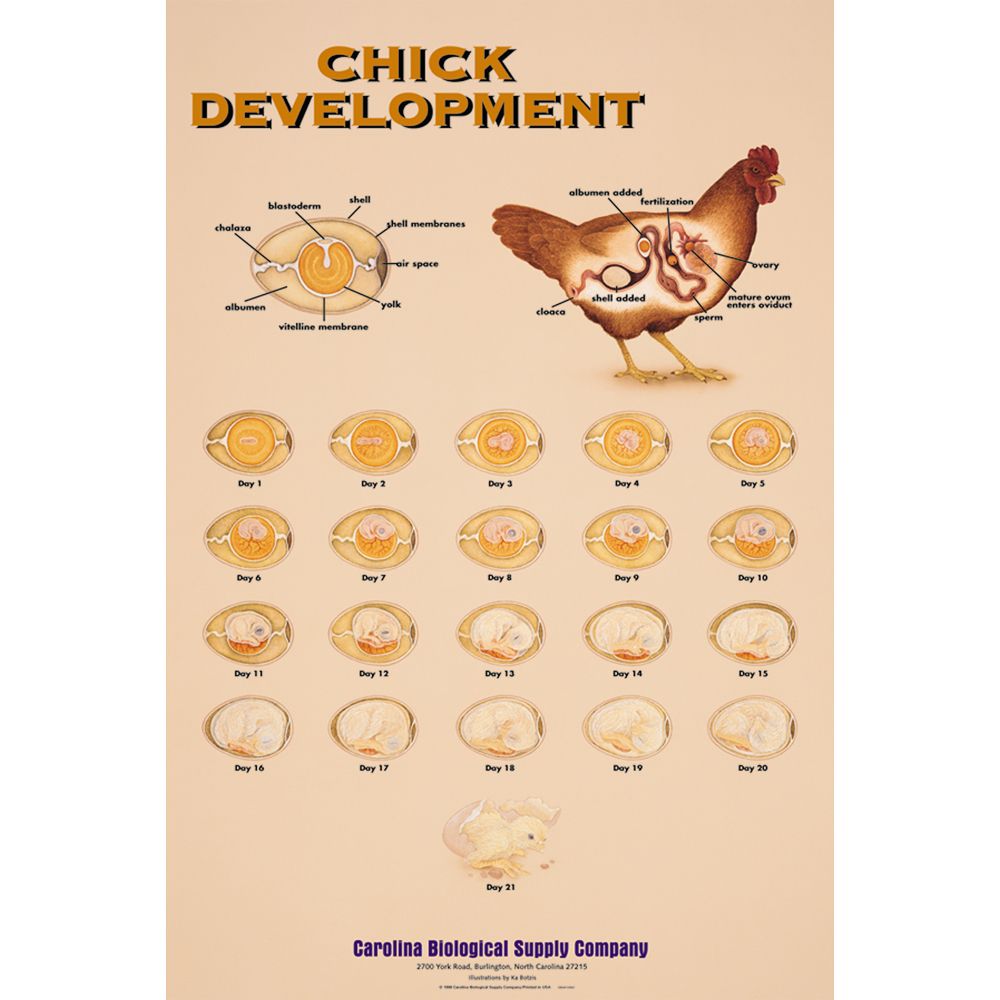
Embryonic Development
Eggs can be hatched, and the process of doing so is called incubation. Incubation is the process of regulating the temperature and humidity of a chicken egg to create the ideal environment for the embryo to develop. During the incubation process, the embryo will grow and develop, gradually becoming a fully formed chick.
Hatching Process
During incubation, the egg will slowly absorb water and nutrients from its shell, and the embryo will start to move around. As the embryo grows, it will produce a hormone called hatchling that will help the eggshell to start to crack. After a few days, the chick will emerge from the egg, and the hatching process is complete.
Once the chick has emerged, it will need to be kept warm and provided with food and water in order to survive. In the wild, the mother hen will take care of the chick, but in a domesticated setting, the chick will need to be cared for by humans.
Can Store-Bought Eggs Hatch?
Store-bought eggs typically come from commercial chicken farms that have been strictly monitored to ensure the eggs are safe for consumption. The chickens are generally not bred to produce eggs that can be hatched, and the eggs have been through industrial processes such as cleaning, sorting, and pasteurization. As a result, store-bought eggs are not able to be incubated and hatched successfully.
The temperature, humidity, and other environmental conditions that are necessary for successful hatching are difficult to replicate in a home incubator. Additionally, store-bought eggs do not have the same levels of nutrients as eggs from a chicken farm that is specifically designed for egg incubation.
Therefore, store-bought eggs cannot be incubated and hatched successfully. To successfully hatch eggs, it is important to purchase them from a reputable source that specializes in hatching eggs. Additionally, it is necessary to follow the instructions for properly setting up the incubator and monitoring the eggs during the incubation process.
Factors Influencing Hatchability

Egg Quality
The quality of eggs plays an important role in determining the success of hatchability. Poor quality eggs are more susceptible to bacterial and fungal infections, which can lead to non-hatchability. Eggs need to be stored in a cool, dry, and dark environment in order to prevent any further damage due to bacterial and fungal infections.
Age of Egg
The age of the egg is also one of the most important factors that influence hatchability. As the age of an egg increases, the likelihood of successful hatchability decreases. This is because the eggshell becomes more brittle and the internal structure of the egg weakens.
Incubation Environment
The environmental conditions in the incubator are also important factors in determining hatchability. The temperature and humidity levels should be maintained at the optimal levels for a successful hatch. If the temperature and humidity levels are not maintained, the eggs can be damaged and may not hatch.
Artificial Incubation
Incubator Types
Egg incubation is the process of artificially maintaining the temperature, humidity, and ventilation necessary for the growth and maturation of an embryo. Incubators come in a variety of sizes, for both small scale and commercial operations. Basic incubators are small, heated boxes designed to hold a few eggs at a time. Larger commercial incubators have adjustable temperature and humidity controls and can accommodate hundreds of eggs.
Incubator Setup
Temperature should be maintained between 99 and 100 degrees Fahrenheit. Humidity should be kept within a range of 45 to 55 percent. Ventilation should be adequate to keep the air fresh, but not too strong to damage the embryo. A thermometer, hygrometer, and fan should be placed in the incubator to monitor these conditions. Additionally, it is important to keep the eggs clean and undisturbed during the incubation process.
Frequently Asked Questions
What is the Ideal Temperature and Humidity for Chicken Husbandry and Egg Incubation?
Chicken Husbandry:
Chickens should be kept at a temperature of between 18-21 °C (65-70 °F). Humidity should be between 40-60%.
Egg Incubation:
- Ideal temperature: 37.5-38.5 °C (99.5-101.3 °F)
- Ideal relative humidity: 55-60%
The temperature and humidity should be carefully monitored during the incubation process to ensure optimal hatching conditions. Incubators should be calibrated regularly to ensure accurate readings. Temperature and humidity levels that are too high or too low can lead to embryos not developing properly or not hatching at all.
How Often Should the Eggs be Turned During Incubation?
Turning the eggs is an important part of the incubation process as it prevents the embryos from sticking to the shells. During the incubation period, eggs should be turned at least three times a day, or preferably more often. This will ensure that the embryos are properly positioned and that their growth is not hindered.
- The ideal time to turn the eggs is in the morning, mid-day, and evening.
- At each turning, rotate the eggs 45 degrees in the same direction.
- It is important to avoid excessive handling of the eggs as this can cause them to become too warm or too cold.
- When handling the eggs, use clean hands and wash them with warm soapy water.
It is also important to note that the turning frequency should be decreased as the eggs near hatching. The last few days should involve minimal turning, as the chicks will be in the process of pip and hatch.
What are some common incubation problems and how can they be prevented?
- Humidity: Too much or too little humidity can cause eggs to become dehydrated and fail to hatch. To prevent this, keep the incubator at the correct humidity level and regularly check the water levels.
- Temperature: Maintaining the correct temperature is essential for successful hatching. The temperature of the incubator should be monitored daily and adjusted if necessary.
- Ventilation: Poor ventilation in the incubator can lead to high levels of carbon dioxide, resulting in poor hatch rates. Make sure the incubator is well-ventilated and check the air vents regularly.
- Turning: Regularly turning the eggs is essential for proper embryo development. Most incubators have an automatic egg turner, but if not, it is important to manually turn the eggs several times a day.
- Light: Too much or too little light can cause the chicks to become disoriented and can interfere with hatching. Make sure the incubator is kept in a dimly lit area and that the light levels are monitored.
How Long Does It Take for Eggs to Hatch?
The time it takes for chicken eggs to hatch depends on the breed and type of egg. Generally, chicken eggs take 21 days to hatch, but certain breeds may take longer. Duck eggs typically take 28 days to hatch, while quail eggs take 16-18 days. After the eggs are incubated, they should be candled to check for fertility and development. If the egg is fertile, a healthy embryo will be visible. Proper incubation and hatching techniques are essential for successful hatching. Temperature, humidity, and ventilation need to be monitored regularly in order to ensure the eggs are in a safe environment conducive to hatching.
What Equipment is Necessary for Successful Egg Incubation?
Egg incubation requires an egg incubator to maintain temperature, humidity, and ventilation. A reliable thermometer and hygrometer are also essential to monitor temperature and humidity respectively. Egg turners, egg trays, thermometers, and water pans are also necessary for a successful hatching process. Additionally, an egg candler can be used to check the development of the embryos inside the eggs. It is also important to use sanitized equipment and a disinfectant to ensure the eggs are free from any contaminants.
Conclusion
Eggs can be hatched under the right conditions, and chicken husbandry and egg incubation are fundamental aspects of keeping chickens and other poultry. In order to have a successful hatching experience, a good grasp of the basics of chicken husbandry and egg incubation is necessary. Properly caring for the eggs and chicks is essential for a successful hatching process. With the right knowledge and resources, anyone can have a successful hatching experience.
